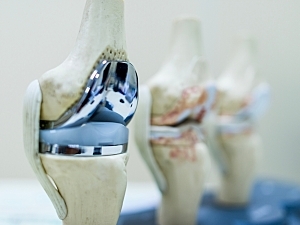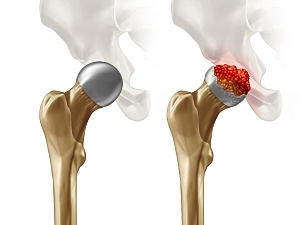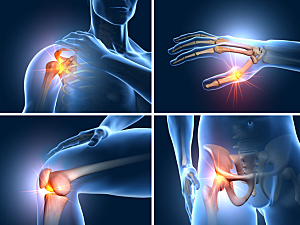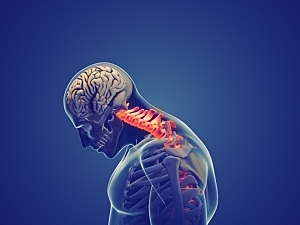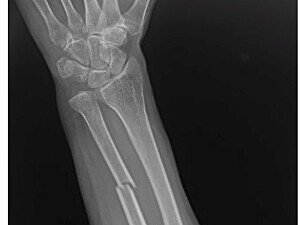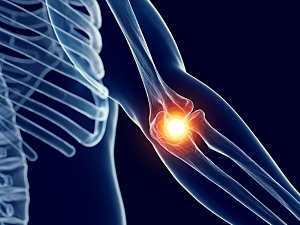Treatment of Depression/Anxiety in Osteoarthritis Linked to Better Psychological Health But Not Improved Physical Symptoms

Brigham and Women’s Hospital researchers present evidence that pharmacologic treatment of depression/anxiety is associated with improved mental well-being in patients with hip or knee osteoarthritis but doesn’t seem to improve physical function or pain levels.
Read More...
